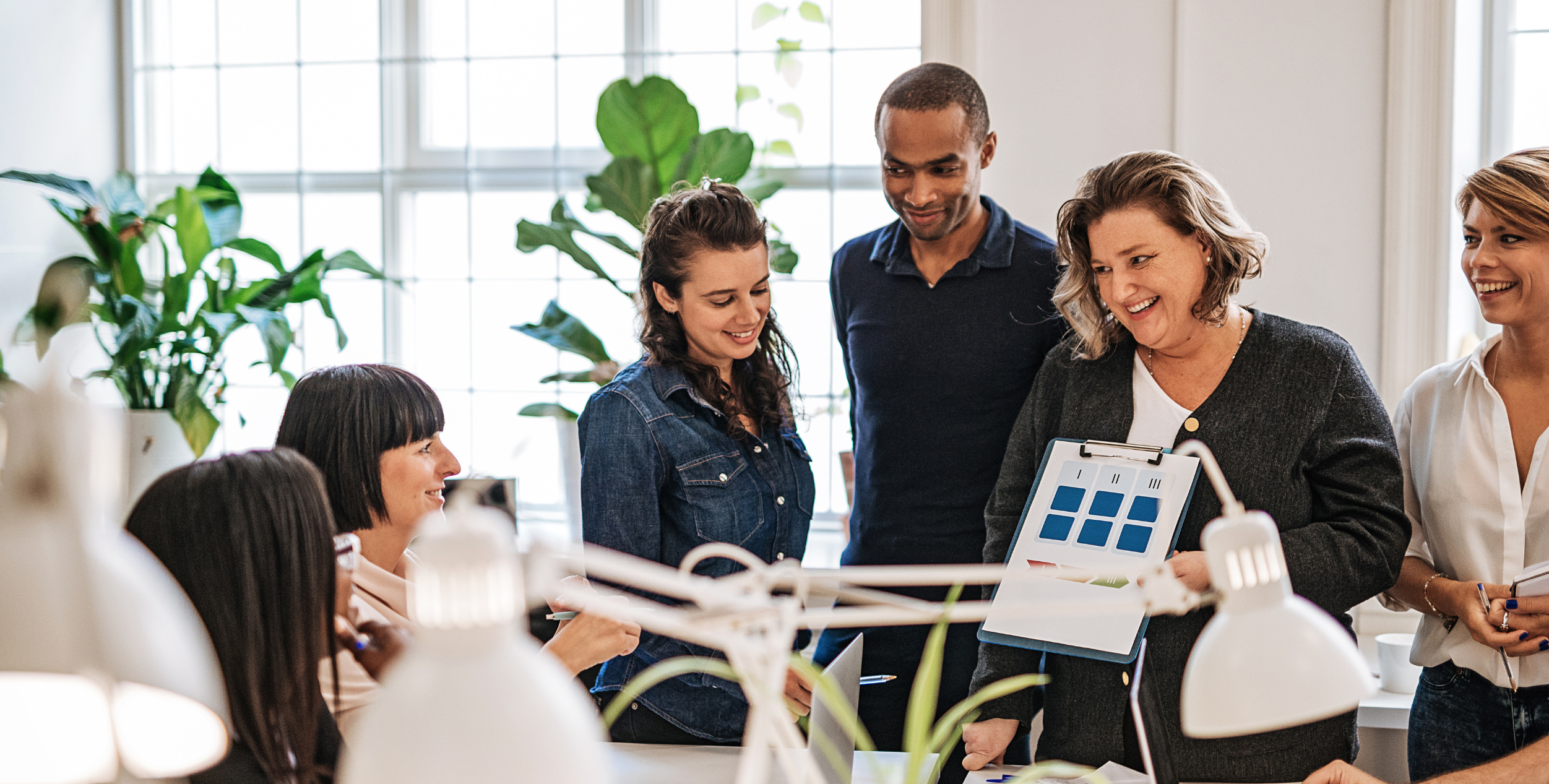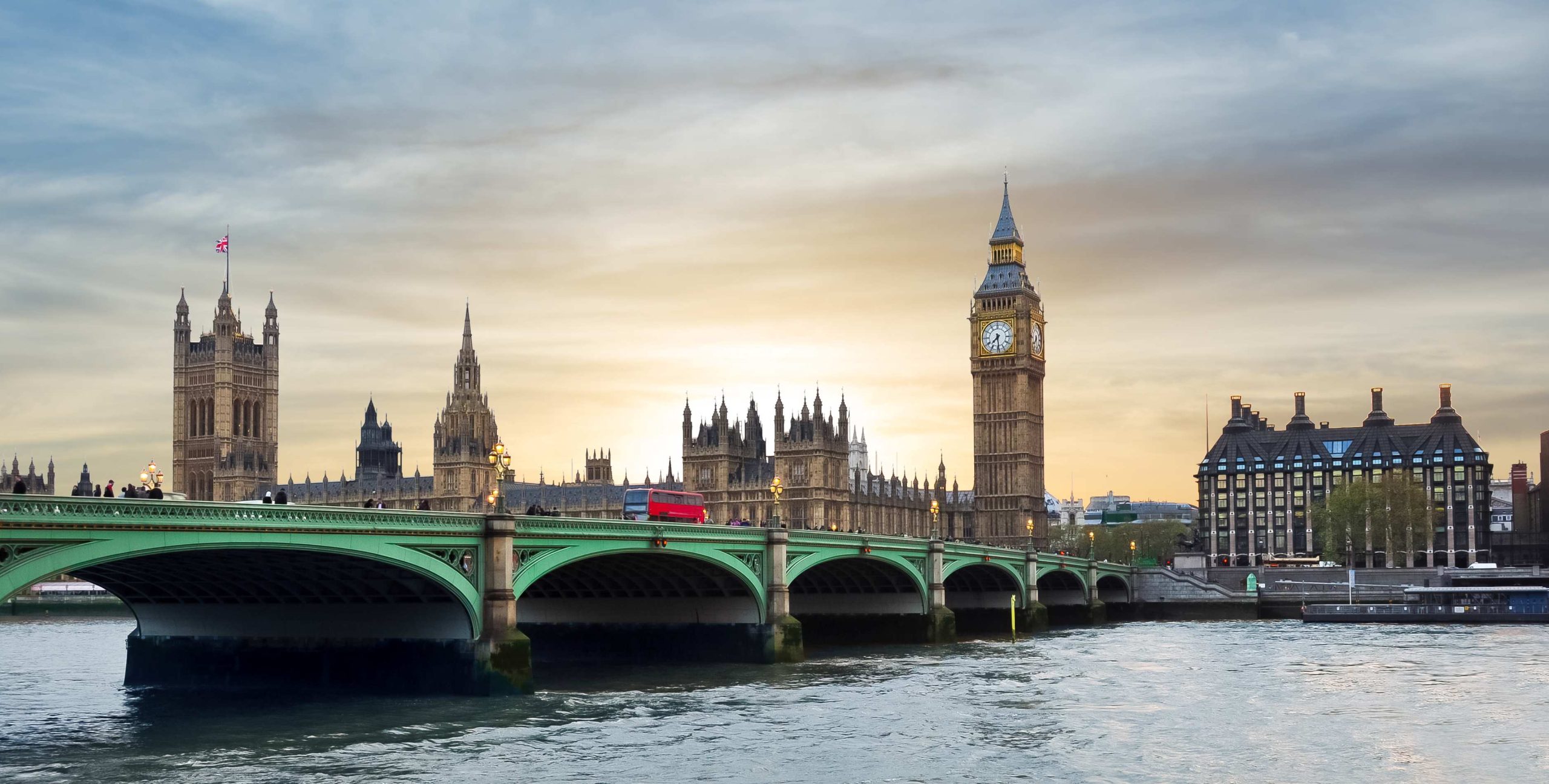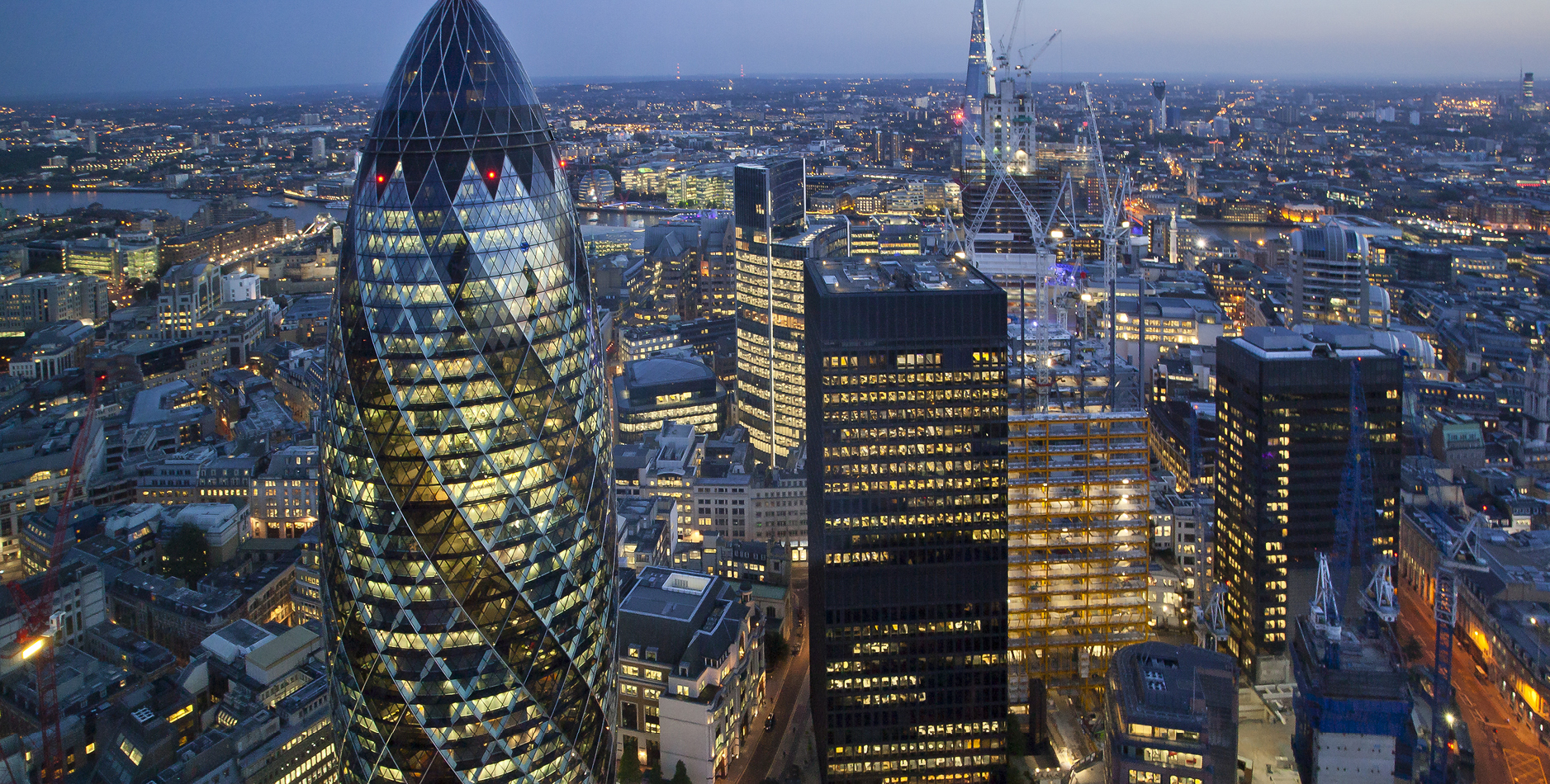Doing business responsibly: How Davies is building sustainability in service delivery
17th December 2024

If you’ve been keeping up with us here at Davies, you’ll know that we very recently launched our 2024 Responsible Business report where we shared our sustainability successes from the past 12 months, and also discussed what we would be doing to enhance our efforts moving forward in 2025.
With more responsible business initiatives underway for 2025, I thought this would be a fabulous opportunity to spotlight one area within Davies that is already making impressive headway in terms of further building sustainability into our service delivery.
Recently, Gillie Fairbrother sat down with Adam Shaw, who is our Claims Director for Property to talk about the great work the property claims team are already doing to promote sustainability—and how they are doing so without sacrificing customer service level.
Hi Adam, thank you so much for joining me today. I know your team has been doing some great things to further our sustainability efforts and I am so excited to chat with you to hear more about these. Were there any particular environmental challenges that drove this change?
Adam: Thanks so much for having me, Gillie. Well, one of the key elements of any property claims service involves travel to sites to inspect and record damage. That in itself can contribute a significant amount of carbon emissions—and I know reduction of these is high on our agenda, particularly with our goal to cut emissions in half by 2030. That being said, we obviously can’t just stop all travel, as that would lead to delays and inaccuracies for claimants and mean we wouldn’t be able to offer the same exceptional service that we do now. So, finding a way to reduce these emissions, as and when we could, was vital.
The idea of environmental action not taking away from ease and quality of service is certainly an important take-home point here. How did you factor that into your sustainability approach?
Adam: It took an understanding that there was never going to be a one-size-fits-all approach when it comes to property claims. While some of the work we do could be made more sustainable by, for example, optimising driving routes, there would be other, less complex cases, where we would be able to cut emissions completely.
So, it was very important to acknowledge that we couldn’t do everything all at once, for all cases. Rather, we had to assess them on a case-by-case basis, and act accordingly.
Would you be able to talk us through the initiatives you’ve implemented and are readily using to make the property claims service more sustainable?
Adam: Yes, of course. As you know, assessing property damage typically requires in-person visits which often leads to the generation of excess emissions from the travel to and from multiple properties. However, touching on what I mentioned previously about non-optimised routes, when we analysed our previous routes, we realised they weren’t always best optimised, and this further added to the emissions problem.
We now have a field visit scheduler system which can prevent excess emissions by tactically calculating routes, starting with the property furthest away and working back towards the closest property. As well as the obvious benefit of reducing emissions, it also reduces drive time and distance, and therefore improves efficiencies. By optimising routes in this way, we have improved the volume of visits we can perform by a factor of two visits, per person, per week. While this doesn’t sound like much, the initial driving from ‘home’ to site cuts down emissions significantly, while also benefiting our clients, and our business.
That’s fantastic! You mentioned before that some emissions could be cut completely. Does this mean there are ways to carry out inspections remotely?
Adam: Yes, we can—and interestingly enough, that’s the basis for the further two sustainability initiatives we have implemented. So, for one, our desk-based video technology gives us access to remote areas to optimise desk-managed claims and allows for real-time validation and scoping. In doing so, this technology streamlines our remedial work requirements and enables our claims team to assist customers in real-time!
This reduces, and sometimes totally removes, travel times for loss adjusters and therefore helps to reduce claim lifecycles substantially. However, on top of this, by interacting with the customers in real-time, it improves customer feedback and supports with immediate mitigation, meaning we can support with any concerns or questions immediately. And that’s obviously the ultimate goal for everything we do at Davies. Moreover, we have also found that customer feedback has improved as a direct result of this approach, cutting down lifecycles and speeding up settlement times.
Are there ever any cases where you might need to revisit a site, and if so, how are you factoring this into your sustainability efforts?
Adam: In an ideal world, and in most cases, we would aim to capture enough pictures and footage to not have to revisit any sites. That’s the goal. But things don’t always go to plan, and where there’s disagreements or as cases evolve, there’s sometimes a need to revisit. Some of which, we will physically need to go and revisit to do the job we’ve been hired to do, at the professional level we aim to do it.
However, the DBVS Metrix technology we use includes 360-degree camera equipment that gives us enhanced, retrospective review of damages to reduce the need to revisits when variations are seen! So not only does it minimise loss adjusters’ carbon footprint but also speeds up the variation approvals and reduces lifecycles, so again, we can continue to provide the service our customers want and need from us.
This sounds incredibly useful and hopefully will inspire other claims businesses and departments to follow suit. Do you have any words of wisdom for other businesses who may be reading this and considering implementing sustainability initiatives into their own products and services?
Adam: Be honest and realistic with what the priorities are and where you can make a difference. It’s easy to adopt an “if it’s not broken, don’t fix it” mentality, especially when you’re in such a fast-paced industry where you’re trying to keep up with demand. But operating sustainably is fast becoming an essential part of running a business, and if you neglect it, you’ll soon see the consequences, whether it’s from your customers or upcoming regulations. Even if you can’t completely overhaul your services, doing something is substantially better than doing nothing at all.
As a global professional services business, Davies is committed to continually minimising our environmental impact and continually seeking new ways to make our offerings more sustainable. All the initiatives we implement, now and in the near future, will feed into our overall environmental goals to cut emissions. Read more about how sustainability is viability.
With 2025 on the horizon, we are feeling truly inspired and excited by what’s yet to come in this space and can’t wait to share Davies’ next steps to sustainability with you. But until then, we wish everyone who celebrates a very Merry Christmas, and a Happy New Year!
Related Articles
-
- Article
- Claims Solutions
- Legal Solutions
- Insurance Solutions
- Consulting
- Technology
People, Planet, Purpose: Introducing our new ESG strategy
Just a few weeks ago, our new ESG strategy was launched…
-
- Acquisition
- Legal Solutions
Davies adds international commercial and maritime litigation expertise to its legal solutions arm through the acquisition of Shoreside Law
26th March 2024, London: Davies, the leading specialist professional services and…
-
- Interview
- Insurance Solutions
The Asta Interview with Lorraine Harfitt
In the latest Asta interview with Lorraine Harfitt, our CEO, we…


